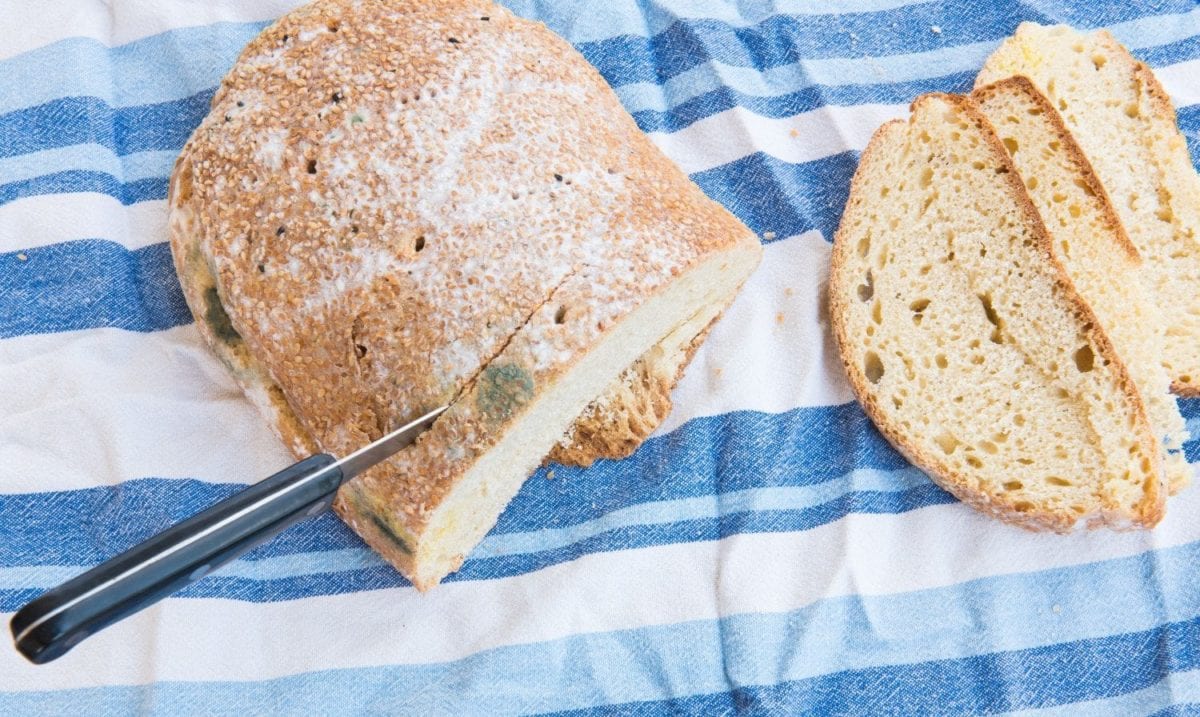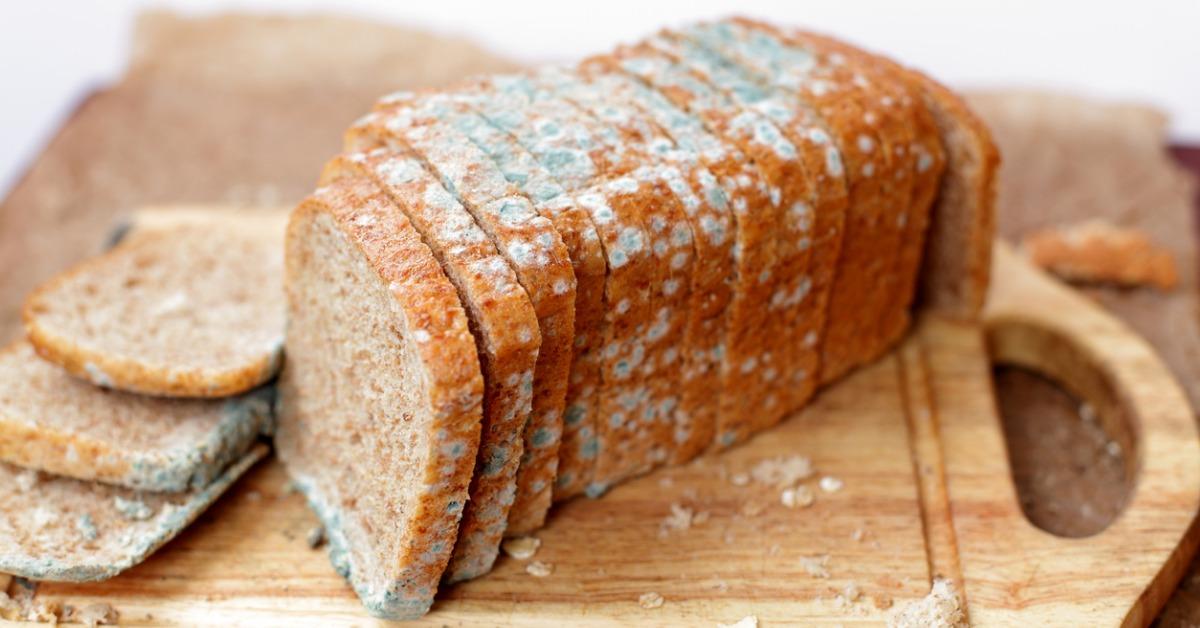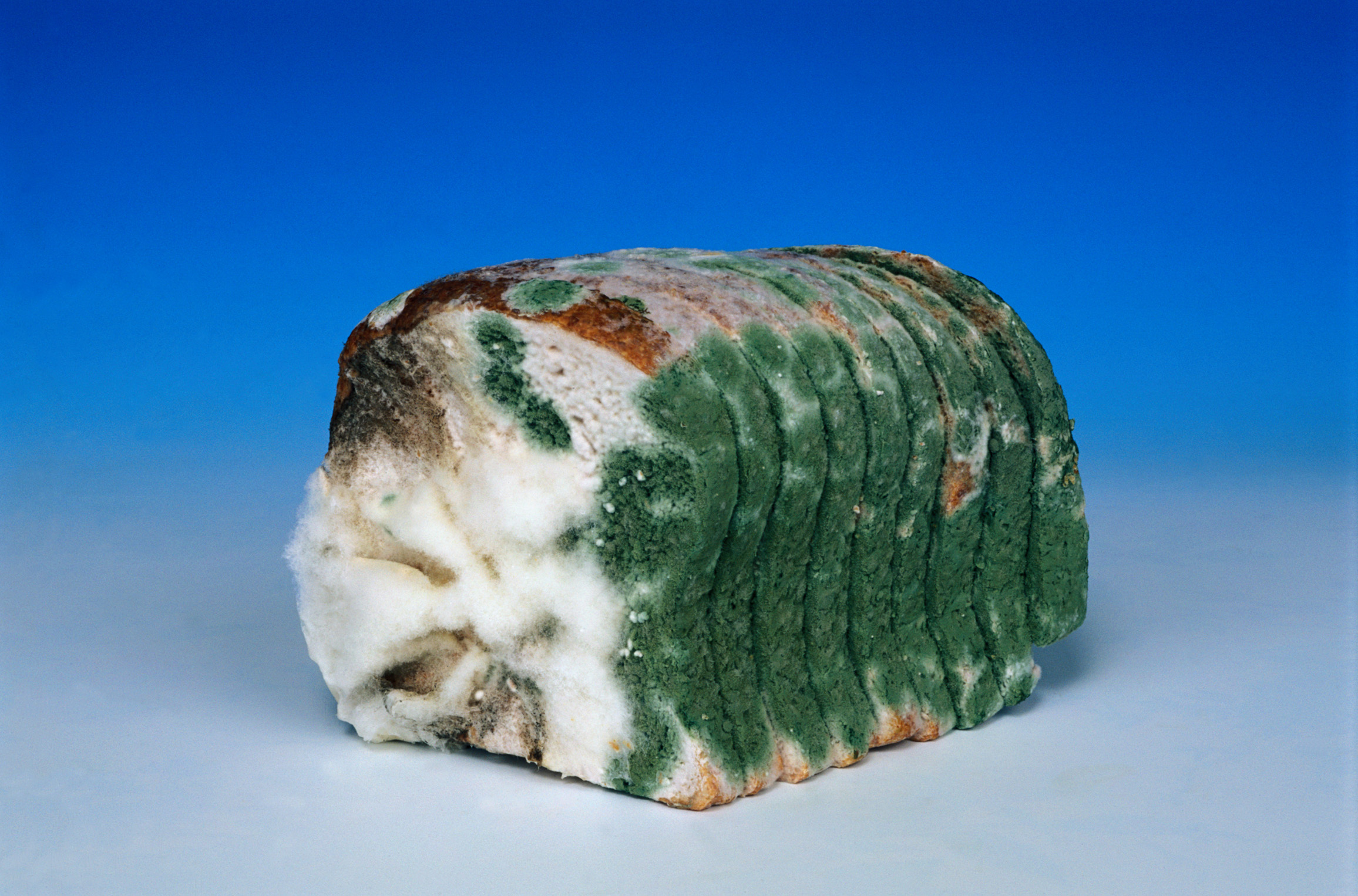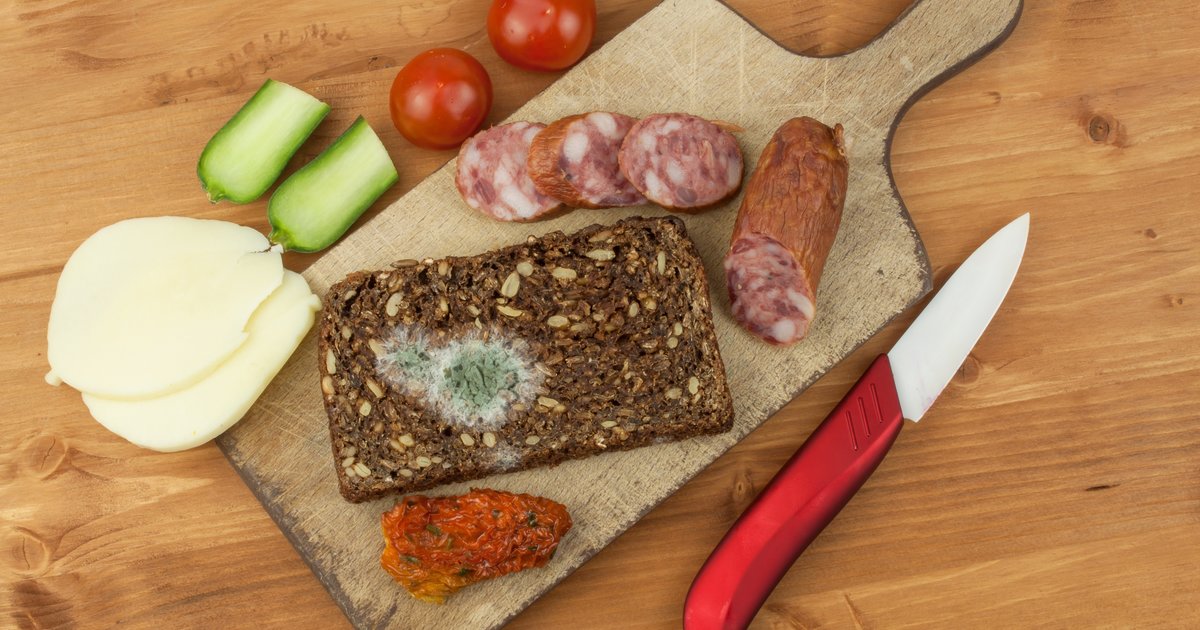
Food is one of the basic necessities of life, and we all love to eat delicious and healthy food. However, sometimes we unknowingly consume moldy food, which can be harmful to our health. Mold is a type of fungus that grows on food when it's stored improperly, and it can produce toxins that can make us sick. In this article, we'll discuss the steps you should take if you ate moldy food.
Identify the Moldy Food

The first step is to identify the moldy food you ate. Mold can grow on a variety of foods, including bread, cheese, fruits, and vegetables. If you're not sure whether the food is moldy or not, check for visible signs of mold, such as fuzzy spots, discoloration, and a musty smell. If you're still unsure, it's best to throw the food away.
Assess Your Symptoms

If you've consumed moldy food, it's important to assess your symptoms. Some people may not experience any symptoms, while others may develop mild to severe symptoms, such as nausea, vomiting, diarrhea, abdominal pain, and headaches. If you're experiencing severe symptoms, seek medical attention immediately.
Drink Plenty of Water

Drinking plenty of water can help flush out the toxins from your body and prevent dehydration. It's recommended to drink at least 8-10 glasses of water per day, especially if you're experiencing diarrhea or vomiting.
Avoid Solid Foods

If you're experiencing nausea, vomiting, or diarrhea, it's best to avoid solid foods for a while. Stick to a liquid diet, such as water, clear broths, and electrolyte-rich drinks like sports drinks or coconut water.
Rest

Rest is important when you're feeling sick. It allows your body to recover and heal faster. Make sure you get plenty of rest and avoid strenuous activities until you're feeling better.
Take Over-The-Counter Medication

If you're experiencing mild symptoms, you can take over-the-counter medication, such as antacids, anti-diarrheal medication, and pain relievers. However, if you're unsure about which medication to take, consult your doctor or pharmacist.
Seek Medical Attention

If you're experiencing severe symptoms, such as difficulty breathing, chest pain, or severe abdominal pain, seek medical attention immediately. Don't delay seeking medical attention, as it can lead to serious complications.
Throw Away Moldy Food
If you've identified the moldy food, it's important to throw it away immediately. Don't try to salvage the food by cutting off the moldy parts, as the mold can penetrate deeper into the food and make it unsafe to eat.
Store Food Properly

To prevent mold growth on your food, it's important to store it properly. Keep your food in a cool, dry place, and use airtight containers or plastic wrap to seal it. Check the expiration dates of your food regularly, and throw away any food that's past its expiration date.
Clean Your Kitchen

Cleaning your kitchen regularly can also help prevent mold growth on your food. Use hot, soapy water to clean your countertops, cutting boards, and utensils after each use. Wipe down your refrigerator and pantry shelves regularly, and throw away any expired or moldy food.
Don't Eat Moldy Food Again

The best way to avoid getting sick from moldy food is to not eat it in the first place. Be vigilant about checking your food for mold, and don't eat anything that looks or smells suspicious. If you're unsure about whether the food is safe to eat, throw it away.
Conclusion
Eating moldy food can be unpleasant and even dangerous. If you've consumed moldy food, it's important to identify the food, assess your symptoms, drink plenty of water, avoid solid foods, rest, take over-the-counter medication if necessary, seek medical attention if you're experiencing severe symptoms, throw away the moldy food, store your food properly, clean your kitchen, and avoid eating moldy food again in the future.